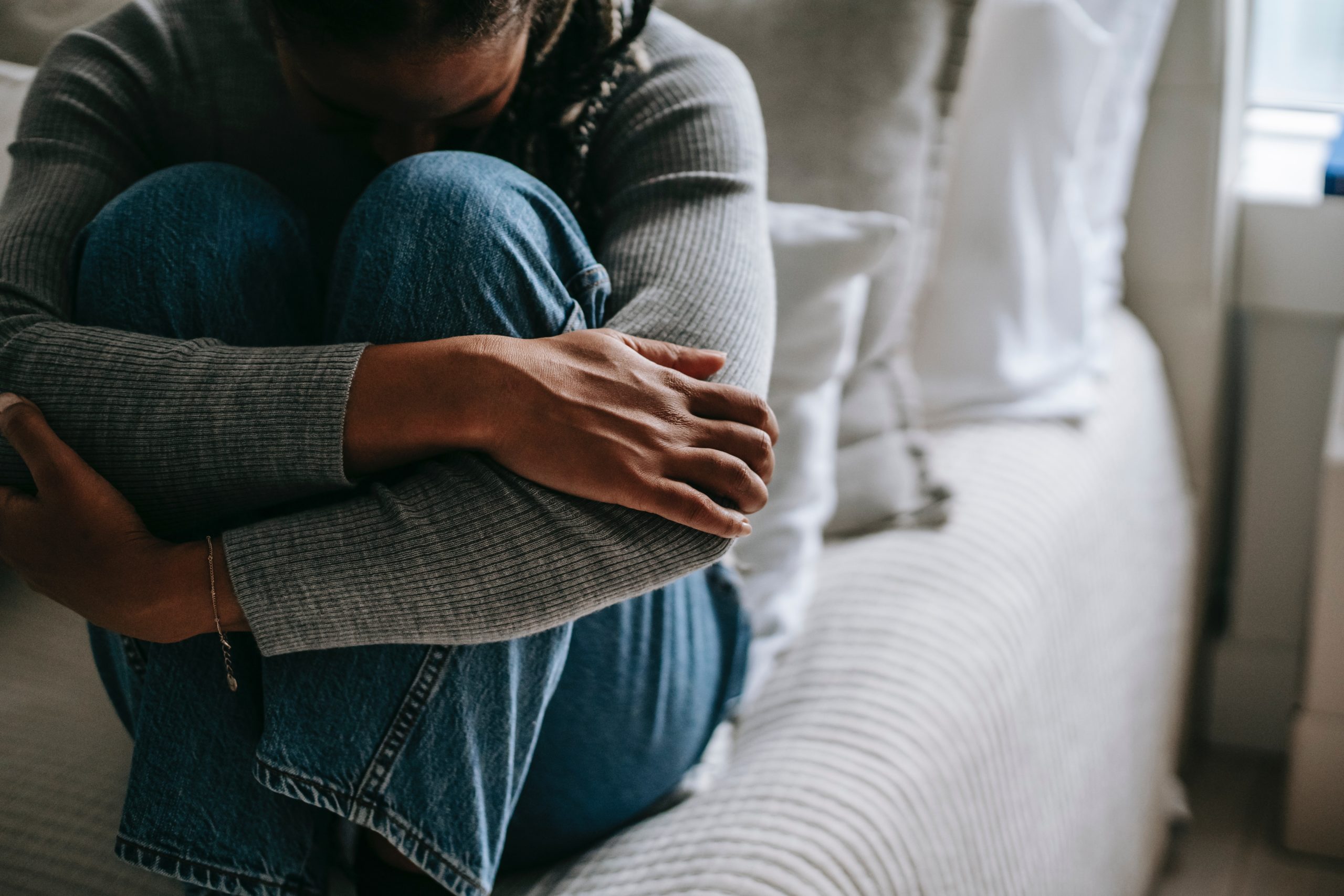Different Types of Depression: What’s the Difference Between Mild, Moderate, and Severe?

By Lauren Krouse
Depression can vary in intensity from mild to severe, like shades of gray to black. It can also come along with other mental health conditions or strike at different points in your life.
Are you wondering what type of depression you or someone you care about may be experiencing? Here’s what you need to know about different types of depression, what they mean for you, and how to get help.
What’s the Difference Between Mild, Moderate, and Severe Depression?
There are three main types of depression: mild, moderate, and severe. A health-care provider can figure out what you’re experiencing by asking you questions about your symptoms and how often they affect you. Here’s what mild, moderate, and severe depression look like, and what to do if the symptoms sound familiar.
Mild Depression
Mild depression tends to be the hardest form of depression to diagnose, because it doesn’t necessarily stop you from getting by day to day. You may not want to hang out with friends or go to school or work because you don’t feel well, but typically you still manage to make it.
If you’ve been feeling low for a few days or a week, lifestyle changes such as moving your body regularly and spending quality time with loved ones could help. If your symptoms are still around or get worse, you could be dealing with more significant depression that would benefit from professional medical care.
Moderate Depression
Moderate depression is one step up from mild. If you have moderate depression, it’s more than just having a hard time getting through the day. You may:
- Struggle in your relationships with friends and family.
- See your grades or work performance drop.
- Have a hard time getting out of bed some mornings.
- Stay up way too late.
- Not take care of yourself the way you usually do.
- Have a hard time paying attention in class, concentrating on work, or following a conversation because of brain fog or not feeling interested.
If you are experiencing any of these symptoms, it’s time to get professional support. Depression tends to get worse when you ignore it. Therapy—sometimes along with medication—can make a big difference. In time, you can begin to feel much better.
Get tips on telling someone you trust how you are feeling.
Severe Depression
If you’re experiencing severe depression, it is important that you get treatment right away. Depression is severe when you have many symptoms, often for months. The biggest red flag to look out for is constantly feeling that the things you used to enjoy no longer feel good to you. In addition to the symptoms of moderate depression, you may also:
- Struggle with feelings of worthlessness and guilt, like everything’s going wrong, it’s all your fault, or you don’t deserve support.
- Begin to notice symptoms of depression in your body, such as mysterious or worse-than-usual aches and pains.
- Feel easily tired or constantly low on energy.
- Have thoughts of self-injury or suicide.
These thoughts and feelings can create a vicious downward spiral, and, like anyone else in this situation, you need and deserve support.
Find out how you can get help.
If you or someone you know needs help right now:
- Text HOME to 741-741 for a free, confidential conversation with a trained counselor any time of day.
- Text or call 988 or use the chat function at 988lifeline.org.
- If this is a medical emergency or there is immediate danger of harm, call 911 and explain that you need support for a mental health crisis.
No Matter the Type, Depression Is Treatable
Depression can be tricky because it tries to convince you that you can handle it on your own or that it’s not that bad, but reaching out for support is the best step you can take when you’re feeling down. You can feel better when you get the care you need and deserve. If you’re not sure what to do next, that’s OK.
Learn more about how to tell someone you may be depressed and how to get a diagnosis and treatment plan. If prioritizing yourself feels hard right now, try stepping outside yourself for a moment. Ask yourself: What advice would I give to a good friend if they were feeling this way? Then take it.
Check out these articles to learn more about depression and get the help you—or someone you care about—needs:
What’s the Difference Between Sadness and Depression?
How Do I Know If It’s Depression?
How Is Depression Diagnosed and Treated?
6 Tips for Managing Depression
What Is the Connection Between Suicide and Depression?






